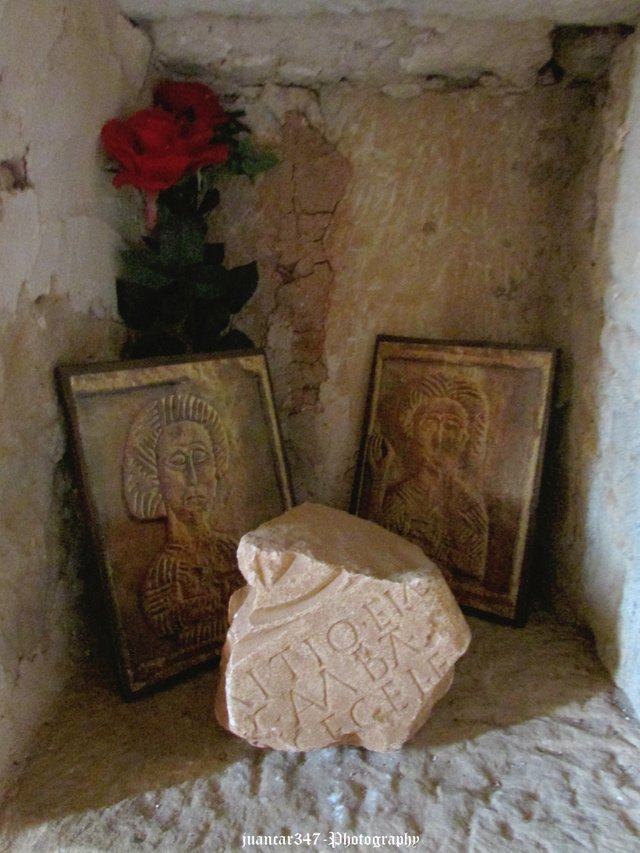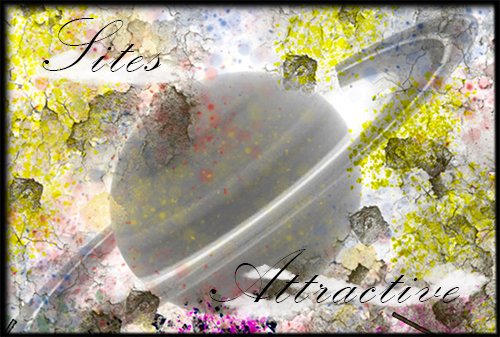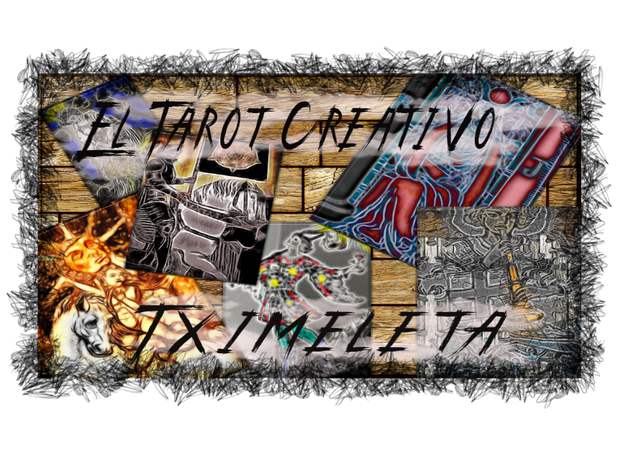Watercolors of Castilla: Quintanilla de las Viñas
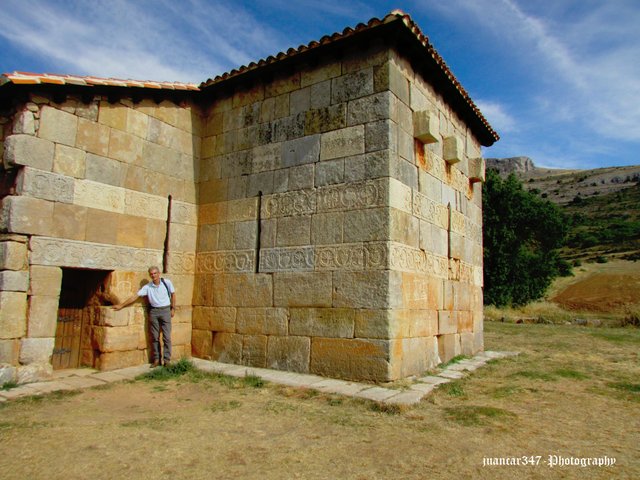
It could be said that to arrive at Quintanilla de las Viñas is to feel like Alice through the looking glass and to think that the enclave and its surroundings are a fantastic world to discover, in which Anubis syndrome is evident even before entering the people and stumble upon those frightful ichnites, those traces of the terrible antediluvian saurians that haunted these mud flats in that Pleistocene light-years from reason, where the never-satisfied god of voracity was exclusively worshiped.
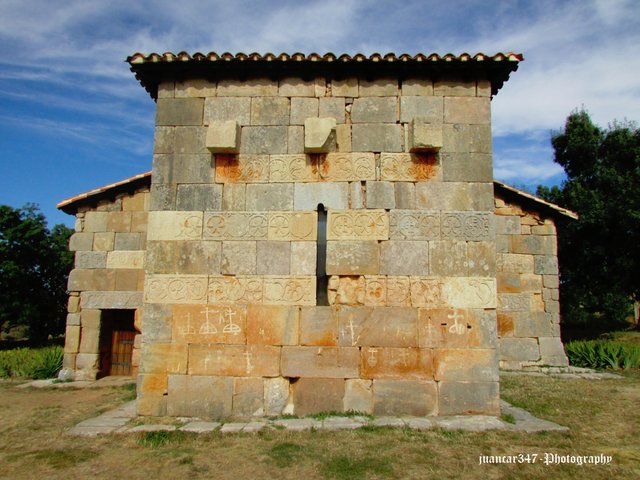
Abandoning the horrible tedium of the highway at the height of Madrigal del Monte and then connecting with that immemorial artery, which under the name of N-234 connects Soria with Burgos, the traveler's adrenaline awakens, to the point of thanking the presence of those curves, those curls and those dangerous changes in grade, in whose development he feels like a lucky participant in the rallies of the Protohistory, knowing that he takes as guide and co-pilot that invaluable companion, who is always speculation.
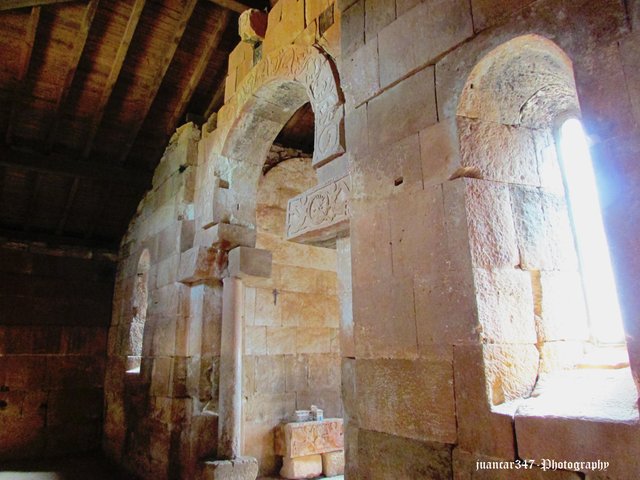
Crossing the narrow alleys of the town, gathered in itself in the heat of a land that is already beginning to throw the first death rattles, surrendering suffocated to the harsh summer fragrances, but always humiliated at the side of a church that lost its original first-born attraction when they modified to the point of turning it into an unsuccessful collegiate church, it is still, at bottom, a duel with History, where there are no more godparents or more witnesses than intuition.
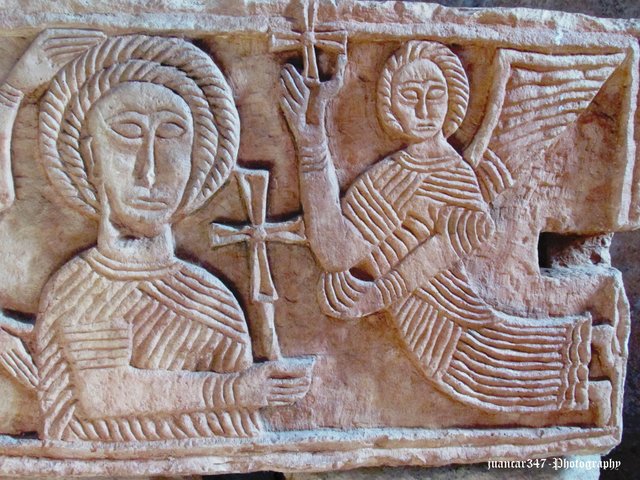
Already outside the town, in a no man's land where the fallow is lord over the weary farmer, the birds of prey evolve in circles above the bare mountains and the sunflowers turn their leonine heads with commiseration towards that ancient fief of the Lara, who was the The town of Salas, the remains of an ancient Visigothic monastery from the 7th century, defy the imagination, keeping a stubborn silence in the face of its many enigmas and mysteries.
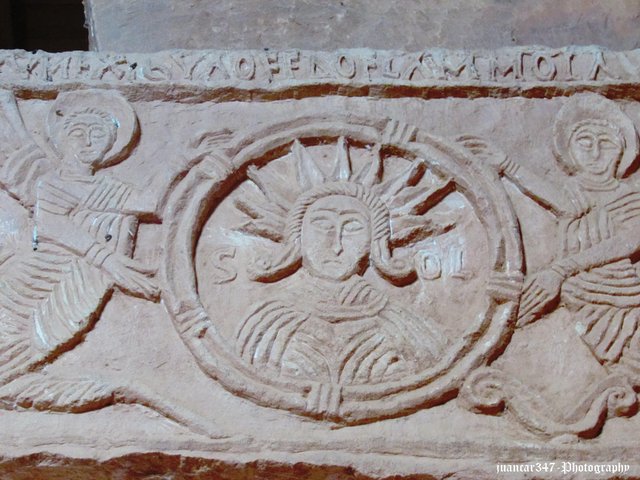
In that sense and in this scenario, any of the scenes in Ingmar Bergmann's wonderful film 'The Seventh Seal' could have been perfectly developed, where Death and in the present case, any puzzle seeker, play a game of chess , not life, which after all is a dream, a frenzy, an illusion, but something as ungraspable as the lost identity of a kingdom, that of the Visigoths, which was diluted in the rivers of History carried by the Muslim tsunami, which was to awaken the Celtiberian genes of a Hispania remissive to slavery.
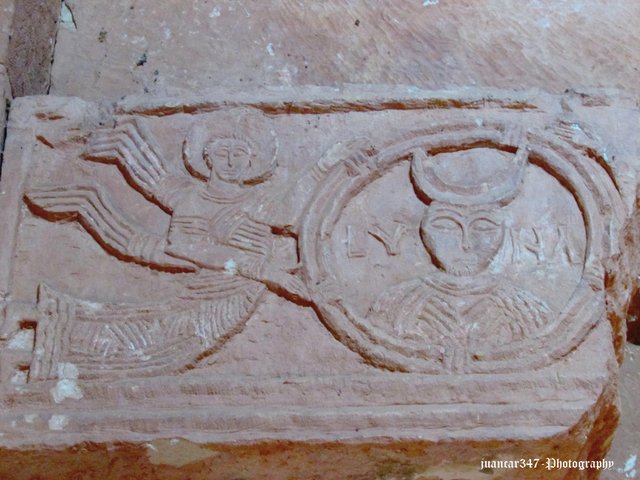
Despite knowing and applying the number of gold in its architecture, there is a certain monotony in the Visigothic temples, all with the same pattern of a basilical plan, in the form of a Greek cross, whose narrow windows, saetera type and in some cases like the eye with a simple lock, they hardly let sunlight penetrate, even in the hot months, when he attacks with the fury of a dragon and the old Christian takes refuge cowed in the shadow of the holm oaks.
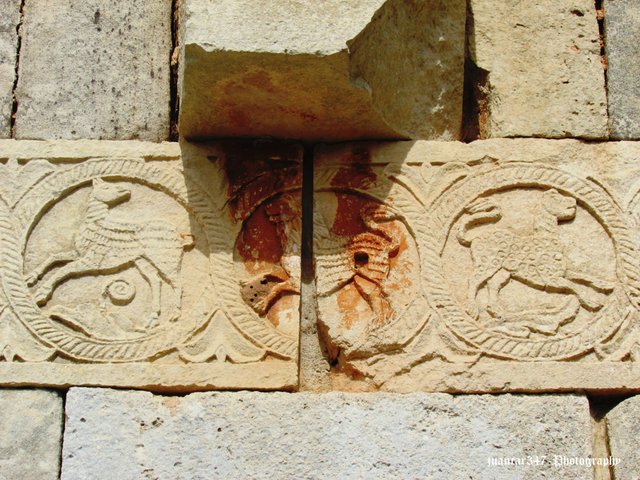
And also, as in the rest of the few Visigoth temples that have survived to this day, in Quintanilla the keys of the sculptural and spiritual universe of those first Goths who converted to Christianity and adopted the cross are repeated, as an eternal Fibonacci sequence. , undoubtedly influenced by the history of Constantine in the battle of Puente Milvio: crosses, birds, griffins, lions, grape clusters, tendrils, trees of life, evangelists, angels and of course, the presence of two antagonistic and eternal symbols Facing each other, such as the Moon - matriarchal symbol of farming peoples - and the Sun - patriarchal symbol of farming peoples - protagonists, in the end, of established systems, which to this day have put that eternal question on the ropes of equality between men and women.
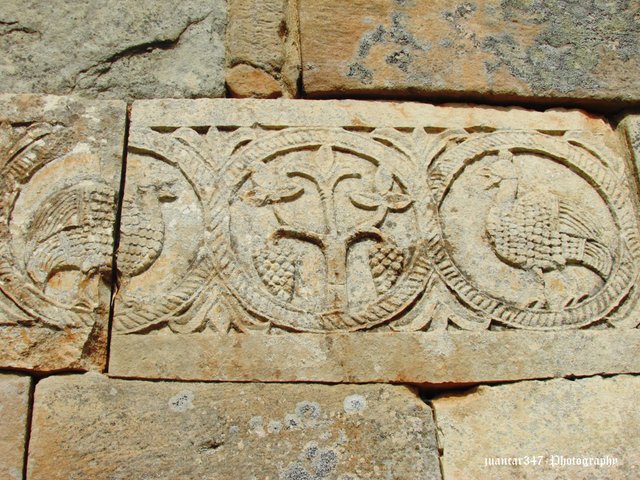
NOTICE: Both the text and the accompanying photographs are my exclusive intellectual property.
